|
by Ashtyn Adams Psalm 23 (CEB) |
| But there were two ingredients included in the mix that are not always present in such a group of artists – humility and affection. These modern-day psalmists came together and were able to be collaborative co-creators by leaving their egos at the door. Consequently, their interconnected kinship with each other and fellow members of Creation was keenly felt. Perhaps this is the first step for all of us in our own creative responses on behalf of creation justice. Creation is not only waiting for us. Creation believes in us and knows that we are capable of doing what it will take to mend, heal, and repair this farm called Earth. One way we can do that today is by supporting Creation Justice Ministries through a financial gift. Please join me as you are able. |

Contact:
Rev. Dr. Leah D. Schade, Lexington Theological Seminary
- [email protected] • 610-420-6861
- [email protected] • 207-400-6262
- [email protected] • 785-217-6784
Lexington, Ky. – Lexington Theological Seminary (LTS) has received a $1.25 million grant from Lilly Endowment Inc. for their project, “Compelling Preaching for a Climate-Changed World.” LTS will partner with The BTS Center and Creation Justice Ministries on the initiative that aims to equip preachers with training, resources, support networks, and research for addressing the urgency of the climate crisis and other environmental issues.
The effort is being funded through Lilly Endowment’s Compelling Preaching Initiative. The aim of the initiative is to foster and support preaching that better inspires, encourages, and guides people to come to know and love God and to live out their Christian faith more fully.
The Compelling Preaching for a Climate-Changed World initiative builds on a pilot project in 2022-23 called the EcoPreacher Cohort which engaged more than 100 participants in a year-long program of monthly gatherings equipping preachers for spiritual leadership during this time of climate and environmental crisis. The grant will allow for building and expanding this program over the next five years through sermon coaching groups, peer networks, workshops and webinars, and an online digital resource hub with text studies, preaching helps, and model sermons. The project will also include a research component studying clergy and congregations to better understand how preachers are responding to the challenges of a climate-changed world and how the skills and resources provided by the program can be utilized throughout the church.
Program Coordinator, Leah D. Schade, associate professor of preaching and worship at Lexington, notes, “Christian communities must claim our role in addressing the climate and environmental crisis, and preaching plays a critical part in this effort. This grant will allow us to inspire more robust engagement with preachers and congregations to effectively reach and benefit increasingly diverse audiences both within and beyond congregations.”
Lexington Theological Seminary is one of 142 organizations that are receiving grants through the Compelling Preaching Initiative. Reflecting the diversity of Christianity in the United States, the organizations are affiliated with mainline Protestant, evangelical, Catholic, Orthodox Christian and Pentecostal faith communities. Many of the organizations are rooted in Black church, Hispanic and Asian Christian traditions.
Allen Ewing-Merrill, executive director of The BTS Center, explains, “Preachers need to be equipped with skills, peer support, and resources to address the challenges and opportunities of our time. Our purpose in this project is not just to help clergy preach about climate change well; rather, our purpose is to help preachers preach well in a climate-changed world.”
Avery Davis Lamb, co-executive director of Creation Justice Ministries, notes, “One of the most urgent features of our changing world is the accelerating reality of climate change, manifested ever more concretely in the form of extreme weather events, biodiversity loss, warming temperatures, and rapidly rising levels of climate anxiety, especially among younger generations, all of which disproportionately impacts vulnerable and historically marginalized communities. So, our program is designed to be scalable and sustainably supported by a network of denominational, organizational, and theological education partners.”
Lexington Theological Seminary President Charisse Gillet adds, “As churches face a critical inflection point, we are excited to support this innovative program grounded in the belief that God is inviting Christian leaders to claim a renewed sense of vocation. Thanks to the Lilly Endowment, we will be able to equip and encourage faith leaders and congregations to step into the realities of an evolving church and a changing world with curiosity and faith; to ask big questions about what it means to be the church in a climate-changed world; and to embrace the call to preach the gospel in ways that nurture spiritual and ecological imagination.”
Those interested in applying for the next EcoPreacher Cohort can visit https://www.creationjustice.org/ecopreacher.html to learn more.
About Lilly Endowment Inc.
Lilly Endowment Inc. is a private foundation created in 1937 by J.K. Lilly Sr. and his sons Eli and J.K. Jr. through gifts of stock in their pharmaceutical business, Eli Lilly and Company. While those gifts remain the financial bedrock of the Endowment, it is a separate entity from the company, with a distinct governing board, staff and location. In keeping with the founders’ wishes, the Endowment supports the causes of community development, education and religion and maintains a special commitment to its hometown, Indianapolis, and home state, Indiana. A principal aim of the Endowment’s religion grantmaking is to deepen and enrich the lives of Christians in the United States, primarily by seeking out and supporting efforts that enhance the vitality of congregations and strengthen the pastoral and lay leadership of Christian communities. The Endowment also seeks to improve public understanding of diverse religious traditions by supporting fair and accurate portrayals of the role religion plays in the United States and across the globe.
About Lexington Theological Seminary
Lexington Theological Seminary is an accredited graduate theological institution of the Christian Church (Disciples of Christ). Consistent with the Disciples’ historic commitment to Christian unity, the Seminary is intentionally ecumenical with students, faculty, staff and trustees of various denominations. The mission of Lexington Theological Seminary is to prepare faithful leaders for the church of Jesus Christ and, thus, to strengthen the church’s participation in God’s mission for the world.
About The BTS Center
The BTS Center is a 501(c)(3) private operating foundation in Portland, Maine, building on the legacy of the former Bangor Theological Seminary. Today BTS seeks to catalyze spiritual imagination, with enduring wisdom, for transformative faith leadership.
About Creation Justice Ministries
Creation Justice Ministries is a fiscally-sponsored project of Disciples Home Missions of the Christian Church, Disciples of Christ. With ecumenical roots in the National Council of Churches, CJM’s mission is to educate, equip and mobilize communions and denominations, congregations, and individuals to protect, restore, and rightly share God's creation.
Acts 4:32-35 (NRSV)
32 Now the whole group of those who believed were of one heart and soul, and no one claimed private ownership of any possessions, but everything they owned was held in common. 33 With great power the apostles gave their testimony to the resurrection of the Lord Jesus, and great grace was upon them all. 34 There was not a needy person among them, for as many as owned lands or houses sold them and brought the proceeds of what was sold. 35 They laid it at the apostles' feet, and it was distributed to each as any had need.
At the heart of the liberative movement of the followers of “The Way,” as they were known at the time, was the affirmation of God as Creator of the good creation.
https://sojo.net/magazine/november-2023/good-news-about-money
https://cac.org/daily-meditations/jesus-started-a-movement-2022-11-14/

About this Blog
This blog shares the activities of Creation Justice Ministries. We educate and equip Christians to protect, restore, and rightly share God's creation.
Archives
July 2024
June 2024
May 2024
April 2024
March 2024
February 2024
January 2024
December 2023
November 2023
October 2023
September 2023
August 2023
July 2023
June 2023
May 2023
April 2023
March 2023
January 2023
December 2022
November 2022
October 2022
September 2022
June 2022
March 2022
January 2022
December 2021
November 2021
October 2021
September 2021
July 2021
June 2021
May 2021
April 2021
March 2021
February 2021
January 2021
December 2020
November 2020
October 2020
August 2020
July 2020
June 2020
April 2020
March 2020
February 2020
January 2020
December 2019
November 2019
October 2019
September 2019
June 2019
May 2019
March 2019
December 2018
November 2018
October 2018
June 2018
April 2018
February 2018
December 2017
November 2017
October 2017
September 2017
July 2017
June 2017
May 2017
April 2017
March 2017
February 2017
January 2017
December 2016
November 2016
October 2016
September 2016
August 2016
July 2016
February 2016
Categories
All
Climate Justice
Conservation
Energy Ethics
Indigenous Peoples' Rights
Oceans
Public Lands
Racial Justice
Resilience
Season Of Creation
Superfund Sites
Water
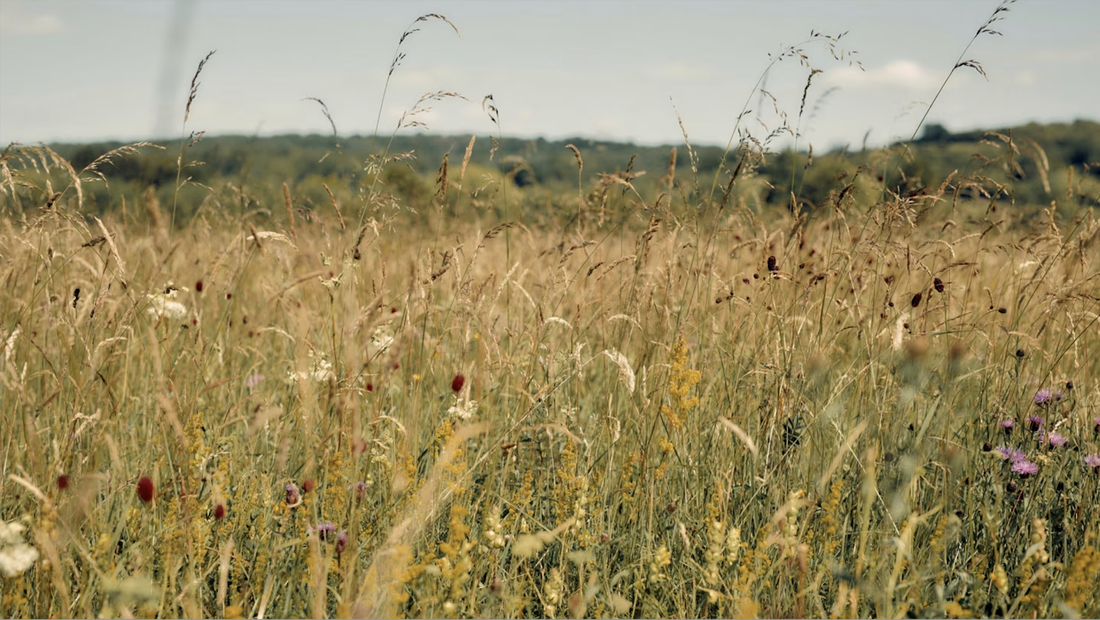
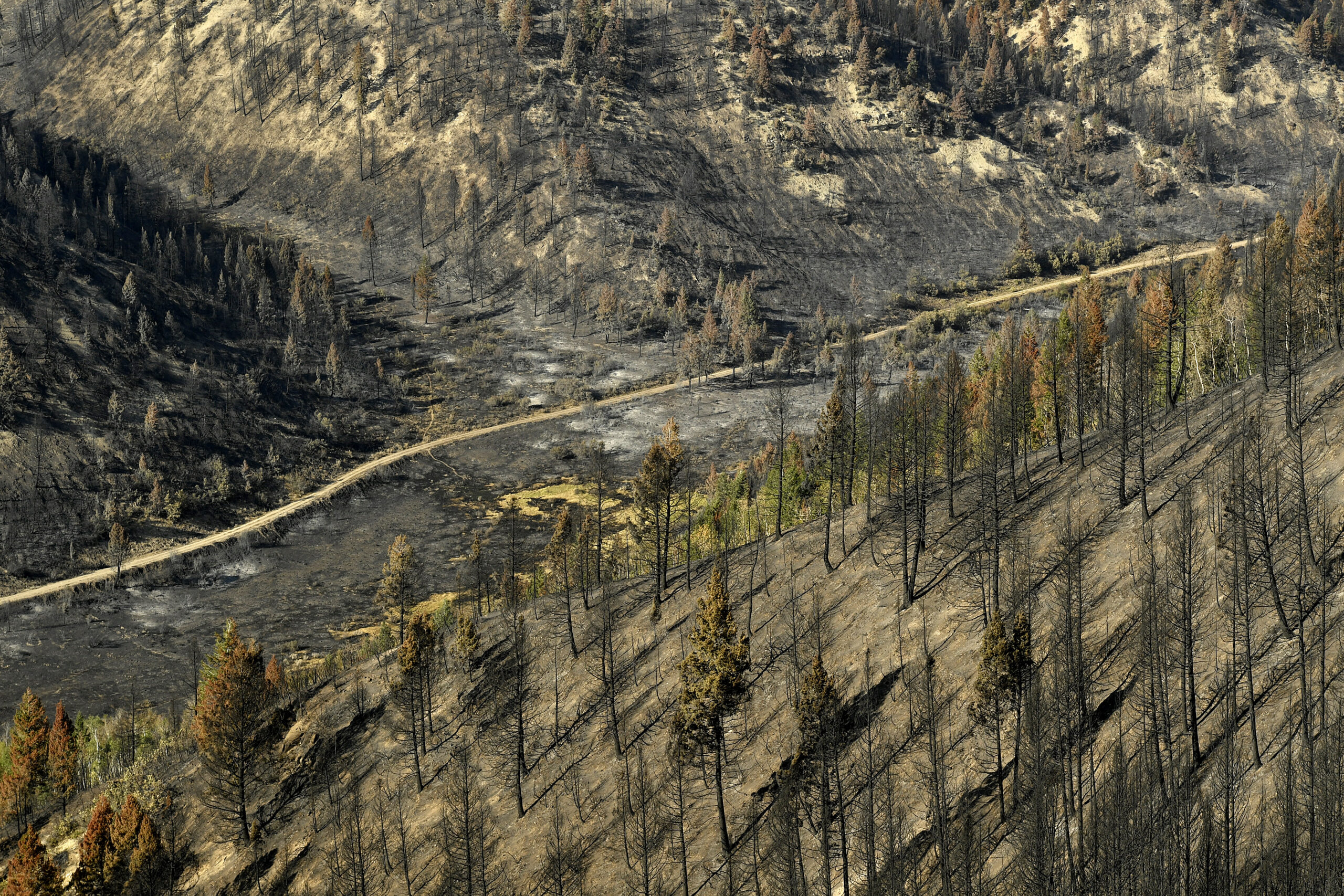

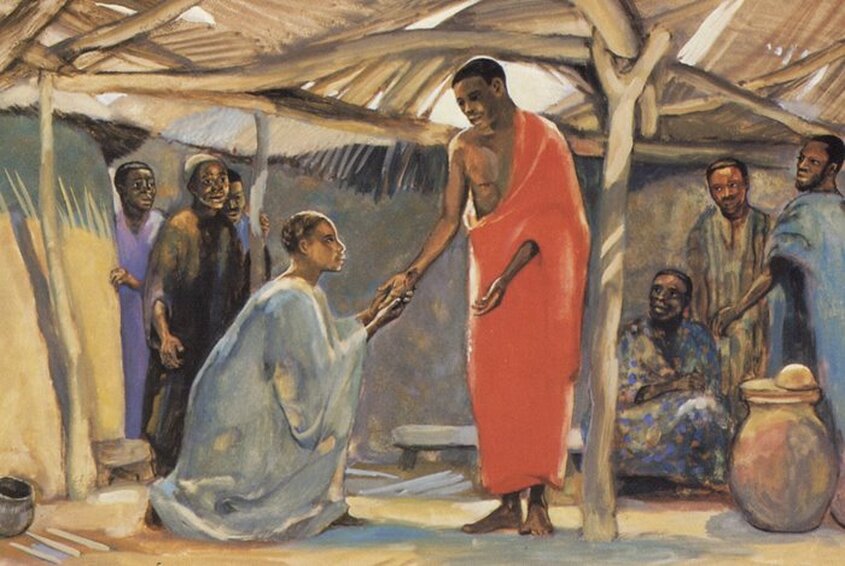
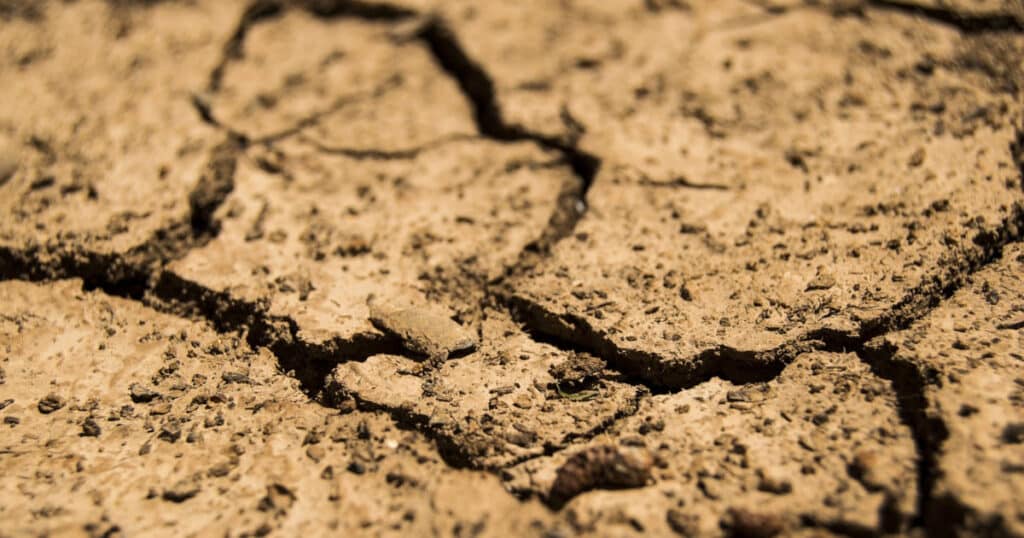

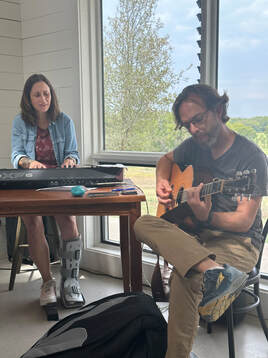
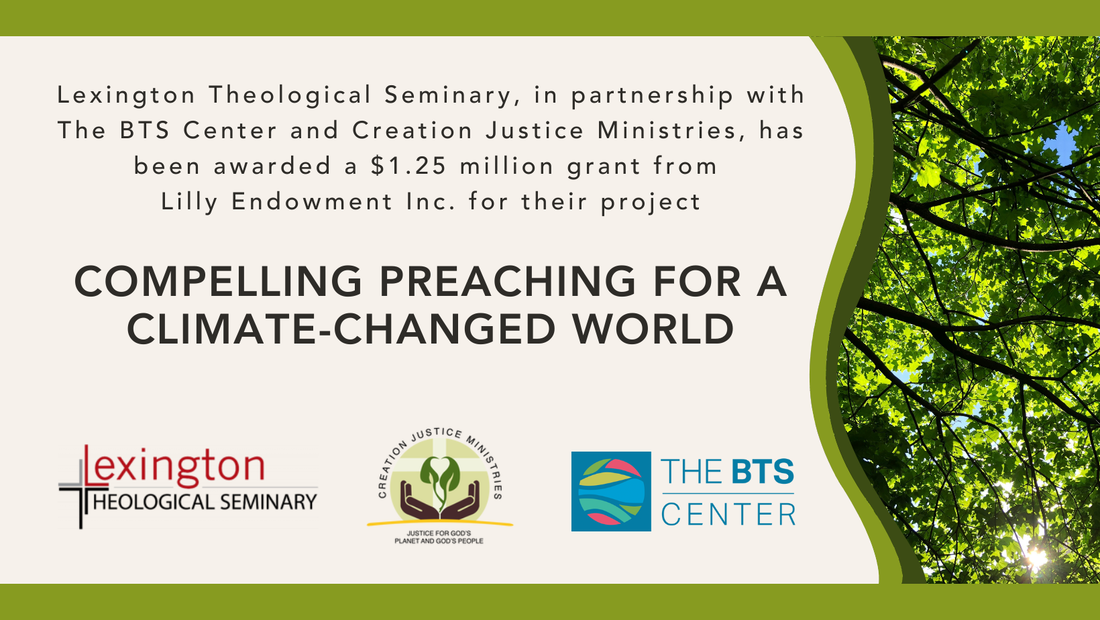
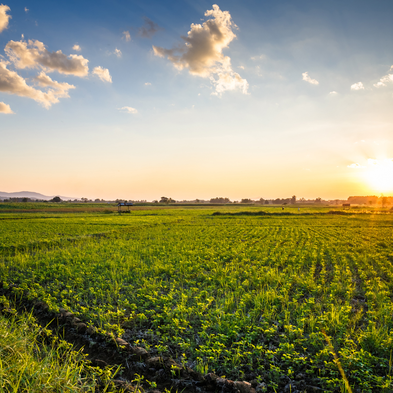
 RSS Feed
RSS Feed